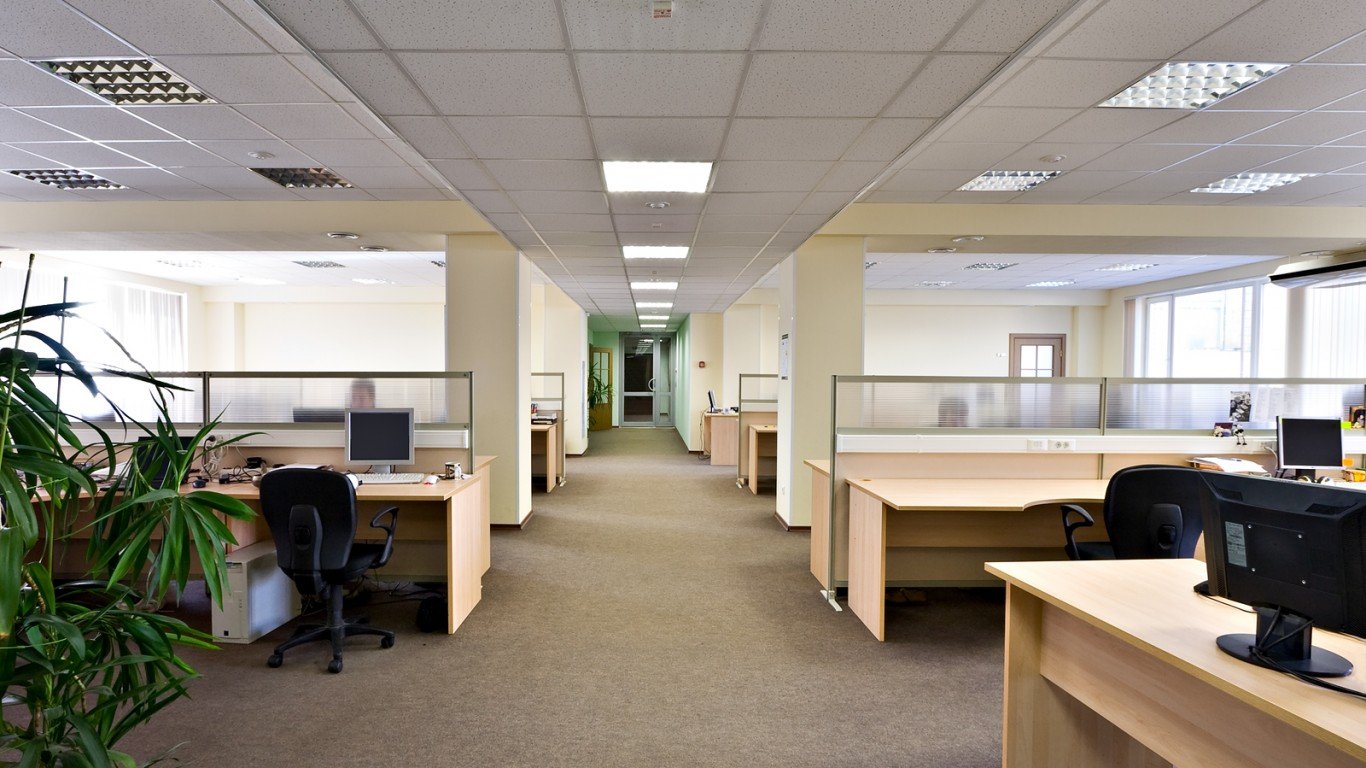

As monthly unemployment numbers have dropped and the economy has started to reopen in many places around America, the assumption has been that the worst of the trouble for jobs in the United States had come to an end. However, weekly jobless claims remain high, a sign the companies are cutting workers even as the headlines tout recovery. The layoff economy returned with a vengeance this week. Several of America’s largest public corporations announced firings that stretched into the tens of thousands. And hints that there will be more are strong.
The most brutal of the job cuts was from MGM Resorts International (NYSE: MGM), which will let go of 18,000 people. Since these people were previously furloughed, there was hope that some of them would come back. American Airlines Group Inc. (NASDAQ: AAL) said it would let go as many as 19,000. Gap Inc. (NYSE: GPS) said it would close almost 100 more stores than expected. Coca-Cola Co. (NYSE: KO), which is relatively healthy, said it would make cuts. Another healthy company, Salesforce.com Inc. (NYSE: CRM), said it would lay off people as well.
The fact of the matter is only several slivers of the economy have improved substantially. The auto manufacturing industry has recovered more rapidly than expected by many. Shoppers are back into dealerships and online. Some retailers, like Walmart Inc. (NYSE: WMT), never saw large dips in sales and have roared back. Sales at smaller rival Target Corp. (NYSE: TGT) outran almost everyone’s expectations.
The recovery has been remarkably uneven. Entertainment and hospitality have social distancing problems that cannot be entirely solved, or even partially solved in some cases. Tens of thousands of restaurants have reopened across the northern tier of states, many for outdoor dining. When the weather forces dining indoors and the pandemic persists, what will happen?
Some industries operate in several tiers, many of which will recover while others will not. The construction industry may be the largest of these. Homebuilding has boomed, while commercial building faces the “work at home” trend. In some big cities like New York, large parts of the business districts are unoccupied.
It is hard to say when the layoff economy will end. The trends are such that some industries continue to suffer, and many jobs are at stake among them.
Essential Tips for Investing: Sponsored
A financial advisor can help you understand the advantages and disadvantages of investment properties. Finding a qualified financial advisor doesn’t have to be hard. SmartAsset’s free tool matches you with up to three financial advisors who serve your area, and you can interview your advisor matches at no cost to decide which one is right for you. If you’re ready to find an advisor who can help you achieve your financial goals, get started now.
Investing in real estate can diversify your portfolio. But expanding your horizons may add additional costs. If you’re an investor looking to minimize expenses, consider checking out online brokerages. They often offer low investment fees, helping you maximize your profit.
Thank you for reading! Have some feedback for us?
Contact the 24/7 Wall St. editorial team.



